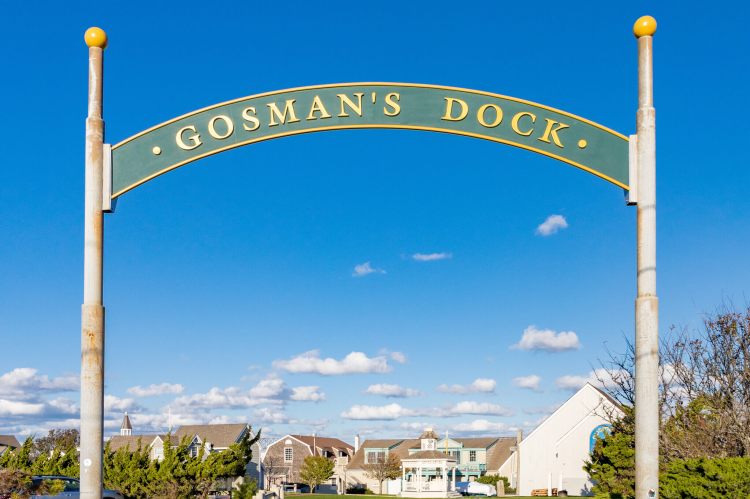
By an overwhelming margin New Yorkers say they support the legalization of medical marijuana—88 to 9 percent—while a significant majority—57 to 39 percent—backs the legalization of small amounts of pot for recreational use, according to a new Quinnipiac University Poll.
The survey, conducted from Feb. 6 to Feb. 10 with a margin of error of plus or minus 2.5 percentage points, did find a gap between the genders and the generations on the issue of “non-medical” marijuana use. Men supported pot smoking 63 to 33 percent, whereas women were more closely divided, 51 to 44 percent. Support is strongest among voters 18 to 29 years old (83 to 14 percent in favor) and weakest among voters over 65 years old, who oppose recreational pot use by 57 to 38 percent.
On the political spectrum, Democrats are 65 to 32 percent in favor; independents are 58 to 37 percent in support and Republicans are opposed to it, 55 to 39 percent.
“We got, I thought, somewhat surprising numbers, to tell the truth,” says Maurice Carroll, director of the Quinnipiac University Polling Institute. He thought the support for medical marijuana in the survey was “overwhelming” and the response in favor of recreational use was “fairly sizeable.”
Last May, a poll by the Sienna College Research Institute found that 82 percent of New York voters supported medical marijuana at a time when Gov. Andrew Cuomo was publicly opposed to it.
Carroll believes that New Yorkers’ opinions on this legalization issue are continuing to evolve.
“Ten years ago, would you have thought that anybody would have been for gay marriage? Now it’s a wave,” Carroll tells the Press. “Maybe it’s the same thing on marijuana. I don’t know.”
As for the political impact of this Quinnipiac pot poll, Carroll said it’s too early to predict whether New York will join 20 other states plus the District of Columbia in legalizing marijuana use for medical treatment.
“A poll only tells you what people think,” he says. “In other words, this doesn’t say to Cuomo: ‘Hey, you better do something!’ But it does say that if he’s against it, the people are generally for it. So it’s a message; it’s not orders. It’s a suggestion.”
Assemb. Richard Gottfried (D-Manhattan), chairman of the Assembly Health Committee, has joined state Sen. Diane Savino (D-Staten Island) to co-sponsor the Compassionate Care Act, which would make marijuana available through a tightly regulated system in which health care practitioners licensed to prescribe controlled substances would certify their patients’ needs for the drug. Gov. Andrew Cuomo has proposed a program limited to 20 hospitals across the state allowing treatment only for cancer and some other severe diseases, a far cry from the new liberal marijuana policies in Colorado and Washington State.
Until the governor gave his recent State of the State address, in which he unveiled his moderate plan to create a hospital network, Cuomo had opposed medical marijuana legislation. Over the years Gottfried and other Assembly Democrats who wanted to change state policy had been routinely thwarted by the Republican-controlled state Senate. But now Sen. Dean Skelos (R-Rockville Centre), the head of the Republican caucus, is only the co-leader of the senate. He’s in a power-sharing arrangement with four members of the Independent Democratic Conference—and Savino is one of them.
“We will be aggressively pushing this bill this year,” Savino told the Press in an email. “It is a priority for the Independent Democratic Conference, and as the other half of the ruling coalition, that moves the issue front and center.”
And given the growing support of the New York electorate across the spectrum, elected officials may find they have more room to maneuver on the issue of marijuana legalization—particularly for medical treatment—than they had before.




























